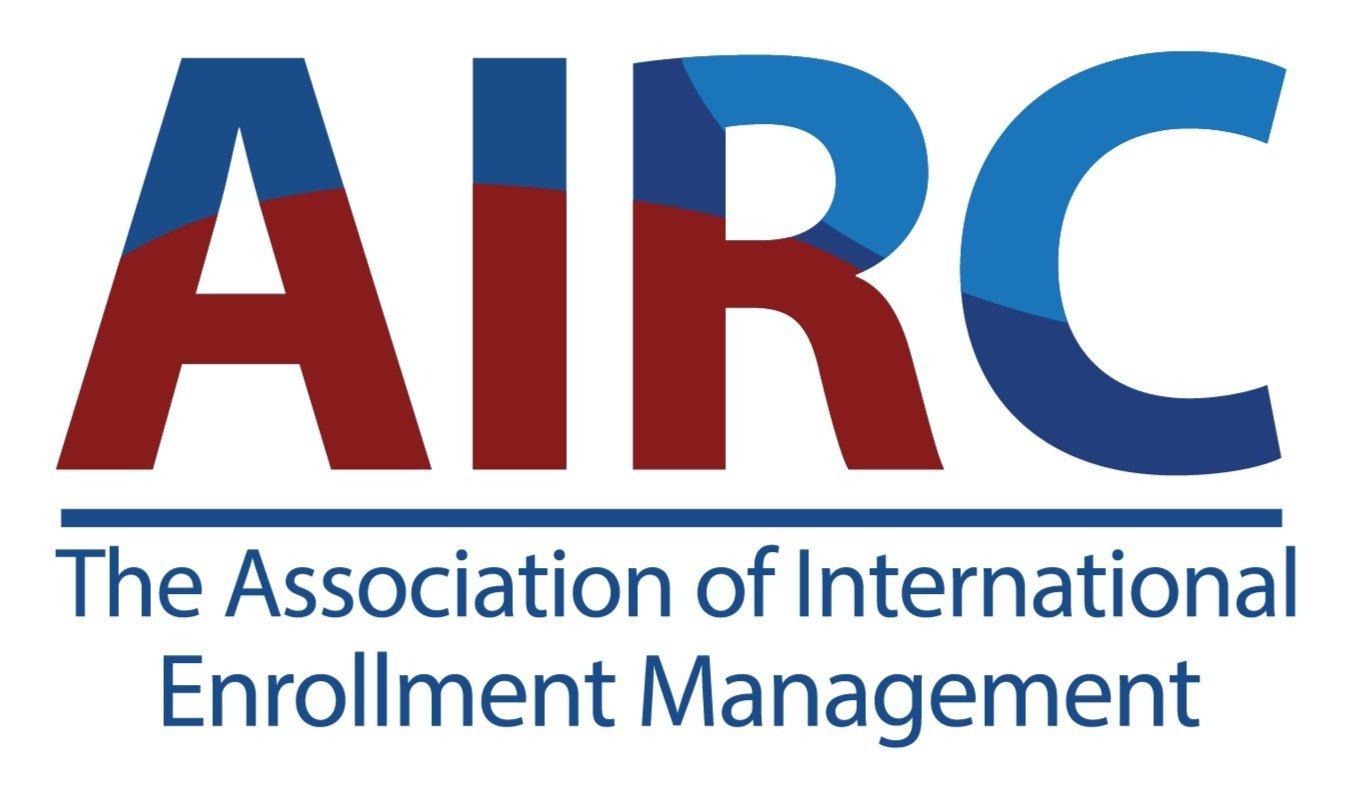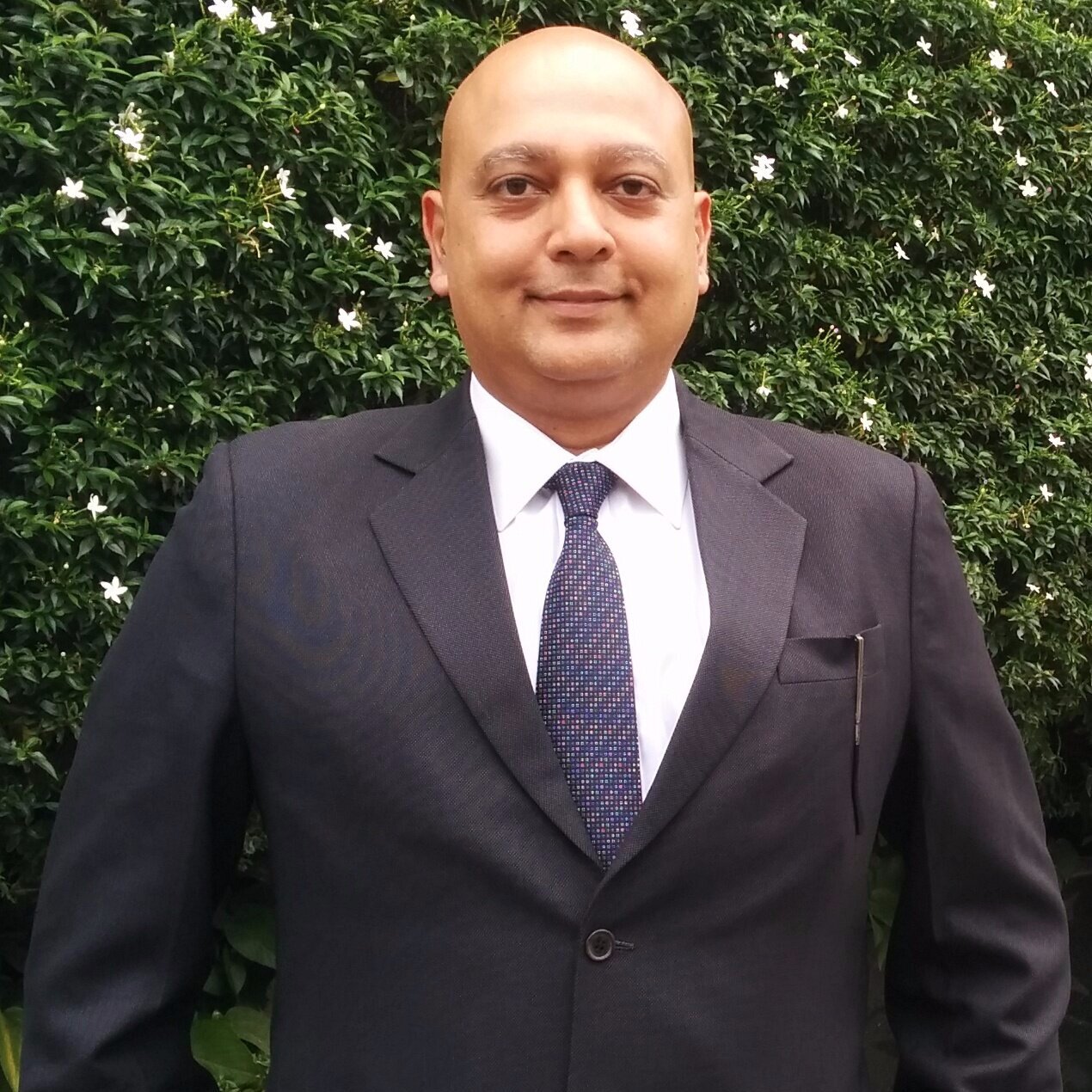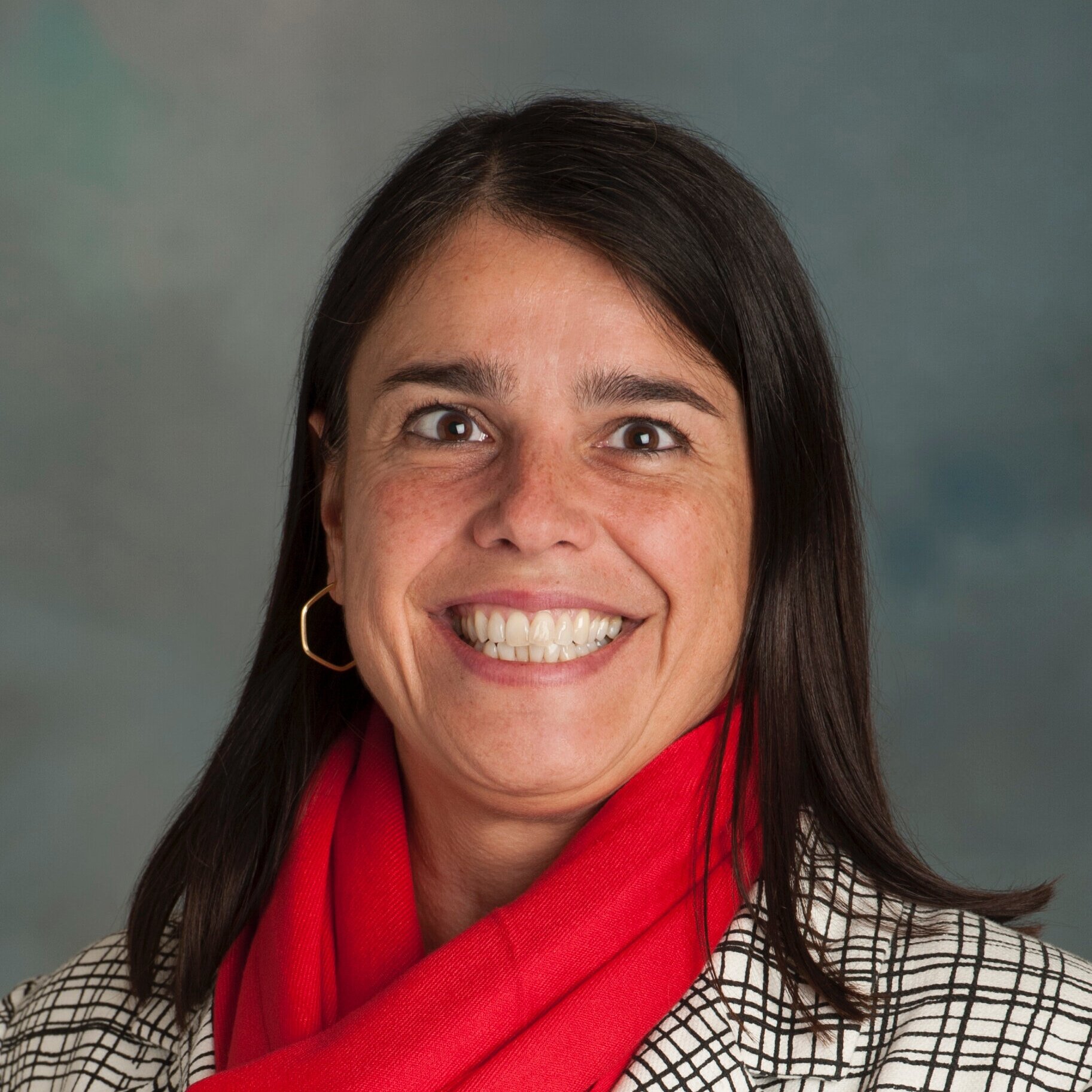An interview with English assessment expert Derya Uysal
Derya Uysal has been a professional in the education and English language sector for almost 15 years. She has worked for Pearson since 2015 and is currently the Client Services and Training Specialist with the Pearson Test of English Academic (PTE Academic). With a focus on training, Derya has worked with universities, migration and education agents, teachers, aspiring international students and migrants in understanding all aspects of PTE Academic and Pearson English language teaching and learning products.
It’s no secret that poor English language skills lead to low international student retention. Students must have a good enough level of English to follow lectures, contribute to seminars and integrate into campus life. This makes language proficiency a priority for education institutions seeking international student candidates.
Recruiters are therefore faced with a huge challenge of evaluating candidates’ English skills, both effectively and efficiently. With increasing numbers of international students post-COVID, this is certainly no small task, especially with ongoing lockdowns and travel restrictions in many countries.
Secure online English language testing helps recruiters reach the largest number of international students possible. At the same time, it supports students who are unable to travel to test centers.
In this interview, language testing expert Derya Uysal takes a look at how online language tests can benefit both international students and educational institutions. She’ll review the pros and cons, explain exactly how online tests are proctored, and look at how institutions can start accepting online language tests.
What are the advantages of online language testing?
“There are advantages for both test takers and institutions,” Derya says. “For test takers, the increased flexibility of online testing has made a big difference.”
This is especially true in a post-COVID environment, when travel may still be difficult and a number of test centers may be closed. Even where travel is possible, the cost of traveling to a center to take a test can be prohibitive for many students living in remote areas.
At the same time, test takers may have limited mobility or other special requirements – but with an online English test, they no longer face the same barriers to sitting a test. This means that institutions who accept online language tests can reach students they wouldn't be able to reach otherwise.
On top of this, students can schedule their exam at a time that’s convenient for them. For example, with PTE Academic Online, booking can be made 24 hours in advance and results are typically available within two days. This means no more lengthy delays nervously waiting to find out if they meet the application requirements.
There are benefits for institutions, too. “Students can move on with their application faster, allowing more people to meet application deadlines,” Derya explains.
What are the requirements for online language testing?
For test takers, the most important thing when it comes to online testing is having the right equipment. “To take PTE Academic Online, a headset with an attached microphone is absolutely crucial,” Derya says.
Test takers also need a good internet connection, a Windows or Mac laptop or desktop computer, and a quiet, private place where they won’t be interrupted for the duration of the test, which takes two hours. Test takers who don’t have access to these conditions might need to attend a test center to sit a test, as test centers offer a controlled environment where test takers are provided with a high-quality standard of equipment.
“This is the drawback of online language testing,” Derya points out. At-home testing places the responsibility on the test taker to have the right equipment and environment for sitting an English language test.
Additionally, Derya explains that, currently, online testing is not generally accepted for visa applications, so candidates should check carefully what the entry requirements are before leaving their home country.
Are online tests secure?
Higher education institutions often worry that online tests are not secure and students may cheat. This could lead to a number of issues such as low student motivation or high dropout rates if applicants do not have the level of proficiency to thrive in their courses. Therefore, it’s essential that institutions choose a secure online test from a reputable exam provider.
“There are five important steps to make sure that PTE Academic Online is completely secure. These ensure institutions can trust in each test taker’s score,” Derya explains. Let’s take a look:
Advanced ID verification
Students have to take a photograph of their approved ID when they’re checking in for their exam. Then, identity checks are carried out by AI and a human greeter, who’ll verify the student’s identity.
Test environment check
As part of the test requirements, the student will have to upload photographs of the room where they are taking the test. The proctor checks to make sure the room adheres to exam conditions.
Live proctoring
Students are both recorded on a webcam and monitored by a human proctor throughout the test. The proctor can communicate with the student and has the power to cancel the exam if they think there is evidence of cheating or other suspicious activity.
AI monitoring
There is also an extra level of security with AI monitoring. It detects if there is another person in the room, or if the student changes places with someone else.
Locked-down browser
This secure browser feature means that once the exam begins, students can’t access other files or apps on the computer, network or internet. What’s more, PTE Academic Online is a continuous, 2 hour exam. So there’s no opportunity to cheat during the break!
As you can see, with the right tools and processes in place, online testing can be as secure (if not more so) as sitting an exam in a test center.
How does online testing differ from in-person testing?
Candidates may be concerned that this new way of testing will be unfamiliar or stressful. But they don’t need to worry.
If we take PTE Academic as an example, the online test is very similar to the more traditional computer-based test which is taken in an exam center. In terms of the structure and content, the question types and the duration of the test are exactly the same. The main difference Derya highlights is a variation in the test day process, with students checking in to sit their test online, rather than at a test center. “However, since launching PTE Online in January,” she says, “we’ve had lots of positive feedback from test takers who have enjoyed the flexibility and comfort of doing their test from home.”
Find out more about PTE Academic Online
Currently, over 450 higher education institutions and universities around the world recognize PTE Academic Online. Over 220 of those are in the United States, including Cornell, Harvard Business School, Wharton Business School and the University of California Berkeley International Study Program. PTE Academic Online has made the process of applying to study at their institutions easier and more streamlined for international students.
Fill out this form to learn more about recognizing PTE Academic Online at your institution.



























